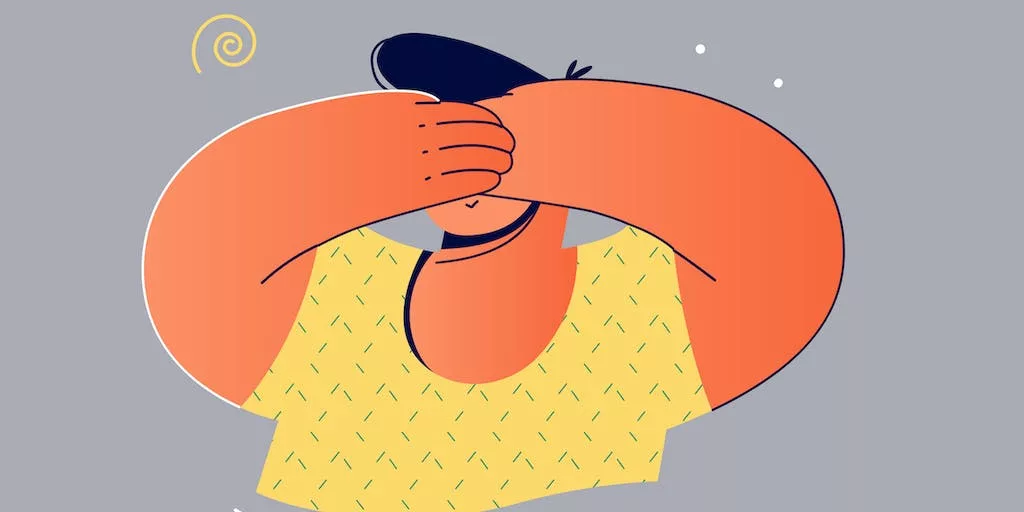[ad_1]
Community faculties are on the internet just as significantly as their students, it appears, with profiles across social media. Their Fb pages have not just bulletins but pics from functions on campus—graduations, Christmas band concerts, chess group event victories, spirit week—where college students just take center phase.
It’s that sharing of scholar photographs, especially all those with determining details, that has scientists questioning what the implications could be for pupil privacy and whether or not it is moral for universities to post images at all.
1 team of researchers analyzed 18 million photographs posted by U.S. schools and districts to locate out how often they contained personally identifying facts (PII) from learners.
They found that college students have been identifiable in 4.9 million visuals, and about 726,000 posts also contained students’ total names and approximate destinations. A brief on their results was printed in November’s difficulty of the educational journal Academic Researcher. The workforce was made up of researchers from the College of Tennessee, the College of Oxford in the United Kingdom, the College of Oregon, the College of Utah and College of Tübingen in Germany.
“Even relatively reduced proportions of posts that reveal the PII of students imply that the privacy of hundreds of countless numbers of students may possibly be risked,” researchers wrote.
The portions ended up noteworthy, scientists discussed, since of well-documented parental concerns above other individuals possessing accessibility to their children’s details.
“These worries might be heightened by being aware of the potential relieve with which organizations might accessibility the posts of universities and districts for utilizes not meant to be accessed by all those in colleges who have posted,” scientists wrote. “For occasion, it is ever more recognized that predictive policing corporations frequently obtain and utilize general public social media info.”
An Ethics Concern
The report authors also brought up fears about innocuous photos of small children posted on social media and relatives weblogs ending up on pedophilia websites—the underlying worry currently being that innocent social media posts from universities could fulfill the very same destiny.
They ended up also anxious that access to Fb knowledge by third events like authorities and police businesses may perhaps violate rules intended to guard scholar privateness. And even if learners who seem in faculty Facebook images have a media release on file with the university, researchers assert that does not exempt educational institutions from the discussion about irrespective of whether sharing those people shots is ethical.
Even if it is lawfully permissible for educational institutions to publish the individually pinpointing facts of college students whose mothers and fathers have signed a media launch kind, is it suitable to do so?
It’s a tricky query, just one that asks faculties and dad and mom to think about how learners could be negatively impacted by forces that truly feel intangible.
It would seem evident how college students would be affected by a thing like bullying. But when it comes to the prospective ramifications of their images currently being swept up by facial recognition companies or government agencies surveilling social media, earning a judgment looks like a lofty task.
“Such concerns get on renewed urgency with firms these types of as Clearview AI implementing facial recognition broadly to publicly available media,” scientists assert. “Even photos without immediately connected PII maintain the possible to immediately turn into PII violations in a long time to occur because of to growing facial recognition know-how and this technology’s use of publicly accessible images (like all those we studied).”
Scientists posit that the moral concerns all-around college student privacy and social media posts really should develop into matters of wide social and political discussion, alternatively than questions to be wrestled with by only folks or instruction experts. As an example, they pointed to a warning the Federal Trade Fee issued to edtech firms previous calendar year that stricter enforcement of a university student data privateness law is on the horizon.
“We should really thoughtfully and diligently supply restrictions and force platforms to make protecting privacy a lot more practical,” researchers assert. “For occasion, may well Fb have the default environment for college and district internet pages on Fb to be non-public instead than general public?”
There are instructional leaders in colleges wrestling with these ethical quandaries, the report authors pointed out. EdSurge has beforehand talked with educators and scientists who are imbuing knowledge ethics into undergraduate teacher plans.
The report authors also referred to as on educational researchers exclusively “to undertake a facts ethics perspective to visualize how to stability the benefits of social media with the require to honor the privacy of learners.”
[ad_2]
Resource url
Meet Our Successful Graduates: Learn how our courses have propelled graduates into rewarding
careers. Explore their success stories here!
Discover More About Your Future: Interested in advancing your teaching career? Explore our
IPGCE, MA, and QTS courses today!

Explore Our Courses: Ready to take the next
step in your education journey? View our
comprehensive course offerings now!

